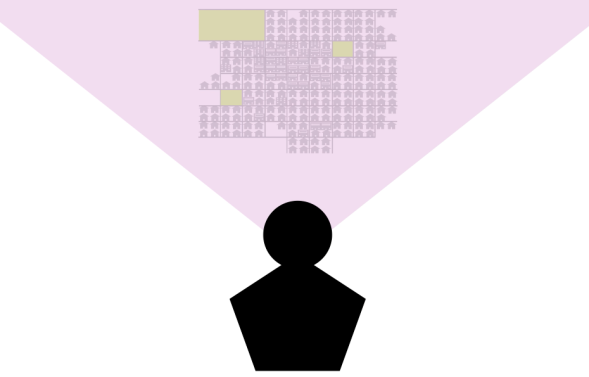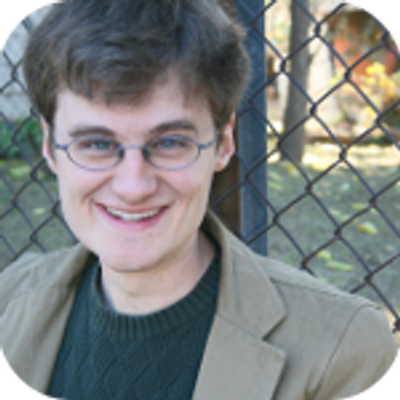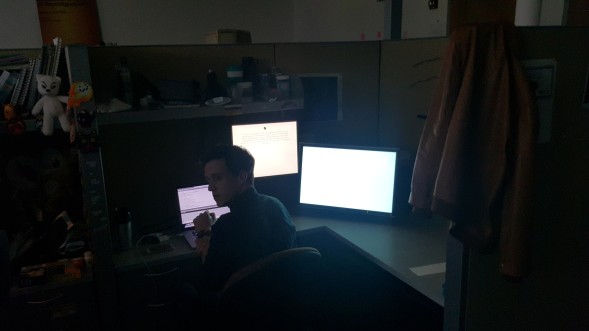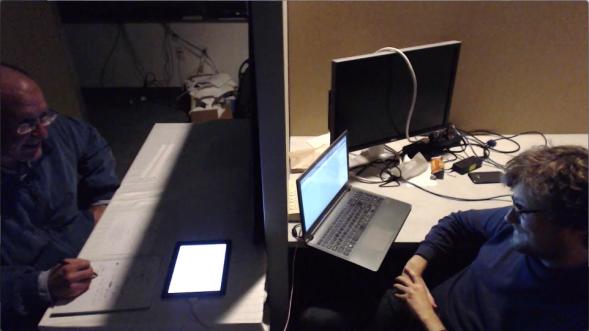Bad News is a project that directly combines two of my passions: social simulation and improvisational theatre. Based off of the Talk of the Town framework by James Ryan and Adam Summerville, a game of Bad News begins by simulating over a hundred years of history of a fictional small town. During this simulation, the townsfolk grow up, get jobs, get married, have kids, and more based on models of personality and actual historical census data. All the while, they are propagating information about their beliefs of the world; as they interact with each other, they share their mental models of their fellow townsfolk, such as what they look like or where they work.
Bad News is a Wizard of Oz experience in which a player is thrown into one of these simulated towns and tasked with finding a specific person–with only a physical description of one of their family members as a clue–by asking questions of the townspeople. Though the histories, personalities, and knowledge of the townspeople are all simulated, the dialogue was entirely natural language. That is to say, the player would verbally ask their questions to an actor, who would be responsible for portraying any and all members of this town. To do so, the actor must quickly process the salient details of the simulation to assume the role of any character the player happens to speak with. I had the fortune of being this actor, and it was a wonderful and challenging confluence of my skills: my theatre background to portray the characters believably, my knowledge of social simulation to understand what I had to be beholden to, and the desire to drama-manage to provide the player with the right amount of challenge.
Bad News was performed at the Artificial Intelligence in Interactive Digital Entertainment conference (AIIDE) in 2015. There are two prongs of future work we see with it. One is to refine the experience as it presently is as a live performance, finding further ways to manifest the affordances of the social simulation in real life, and submitting it to venues such as the Game Developers Conference’s Experimental Gameplay Workshop. The second is to analyze the playthroughs that have already been done and attempt to proceduralize some of the improvisational processes involved in the service of creating a purely digital version of the game. I look forward to developing this and other works of computationally assisted performance in future research.

Characters in Bad News have a mental model of the town they live in, and the people that inhabit it.




